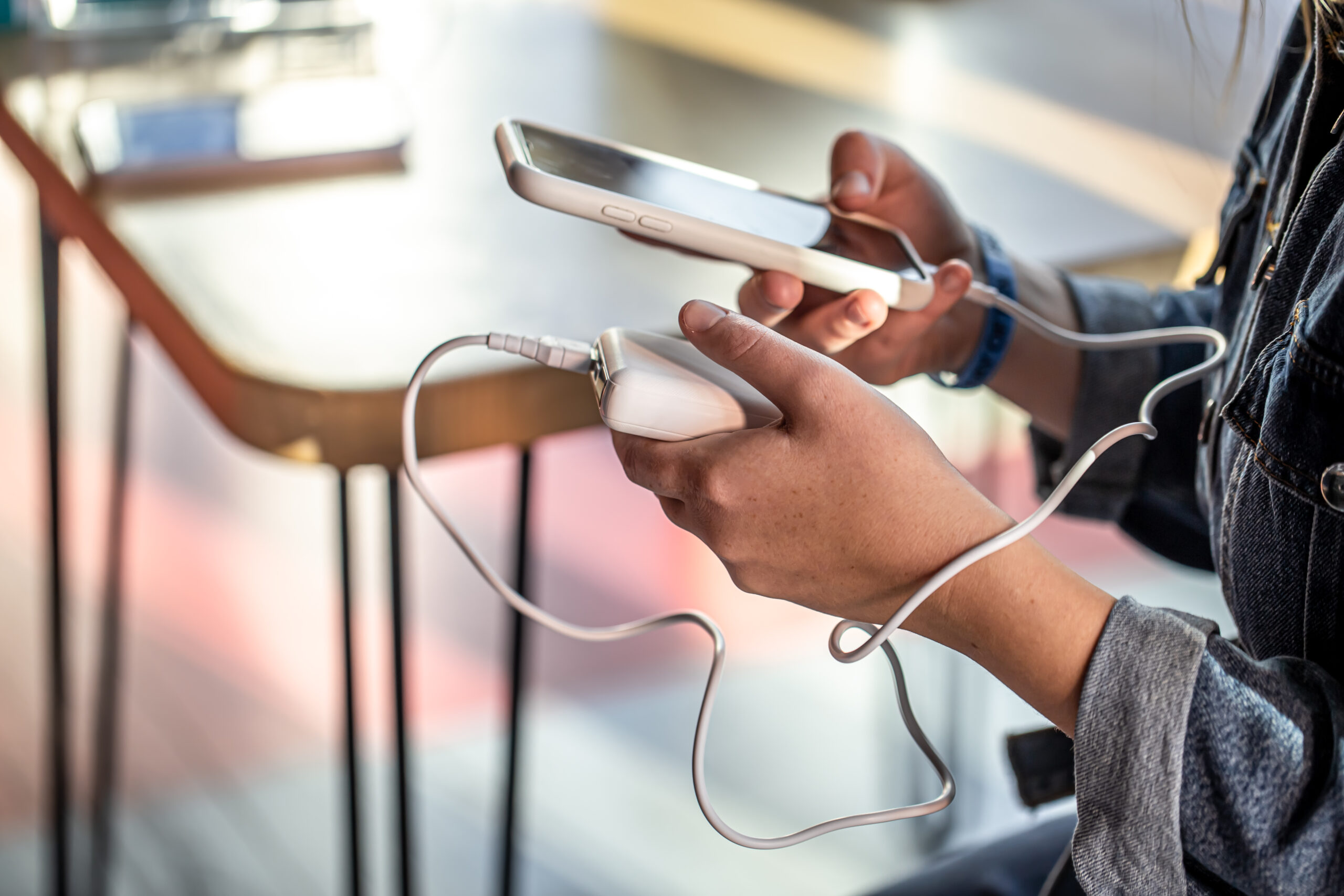TSA Issues Urgent Cybersecurity Warning: Why You Should Never Use Airport USB Charging Ports

The Transportation Security Administration has issued a critical cybersecurity warning that every traveler needs to hear: those convenient USB charging ports scattered throughout airports could be stealing your personal data.
In a recent Facebook post, the TSA cautioned travelers about a cybersecurity threat called “juice jacking,” where hackers install malware at public USB charging stations to compromise connected devices. “Hackers can install malware at USB ports (we’ve been told that’s called ‘juice/port jacking’). So, when you’re at an airport, do not plug your phone directly into a USB port,” the agency warned.
What Exactly Is Juice Jacking?
Juice jacking occurs when cybercriminals tamper with public charging stations, transforming them from simple power sources into data-stealing devices. When you plug your device into a compromised USB port, hackers can extract personal information or install malware without your knowledge.
This isn’t just theoretical – these attacks can capture text messages, contact lists, and even keystrokes from your device. The scary part? It happens silently while your phone appears to be charging normally.
The Public WiFi Problem
The TSA didn’t stop with USB warnings. They also advised against using free public WiFi networks, especially for sensitive activities like online banking or shopping. “Do not ever enter any sensitive info while using unsecure Wi-Fi,” the agency emphasized.
While HTTPS encryption has made casual browsing safer on public networks, attackers can still snoop on connections during sensitive activities. The risk multiplies when you’re making purchases or accessing financial accounts.
Smart Alternatives That Actually Work
The good news? Protecting yourself is surprisingly simple:
For Charging:
- Bring your own TSA-compliant power brick or battery pack
- Use traditional wall outlets instead of USB ports
- Consider a USB data blocker that blocks data transfer while allowing charging
- Turn off your device completely before plugging into any public port
For Internet Access:
- Use your cellular data plan instead of public WiFi
- Enable a VPN if you must connect to public networks
- Avoid accessing sensitive accounts or making purchases on public networks
- Use your phone’s hotspot feature to share secure cellular data with other devices
The Reality Check
Here’s some perspective: despite the warnings, there has never been a confirmed case of juice jacking occurring in the real world. Modern smartphones include built-in protections that prompt users to trust or deny new connections.
However, federal agencies maintain that caution is warranted. Cybersecurity experts argue that the bigger airport risk comes from fake WiFi networks set up by criminals rather than compromised charging stations.
Travel Tech Best Practices for 2025
As travel technology evolves, so do the threats. Here’s how savvy travelers stay protected:
- Pack a portable power bank – Keep it in your carry-on bag (never checked luggage due to lithium battery regulations)
- Download offline maps and entertainment before traveling to reduce WiFi dependency
- Update your devices before departure to ensure you have the latest security patches
- Use two-factor authentication on important accounts
- Consider a travel-specific VPN subscription for secure public internet access
The Bottom Line
While the actual risk of juice jacking remains low, the potential consequences are severe enough to warrant simple precautions. Carrying your own charger costs nothing but provides peace of mind worth everything.
The TSA’s warning reflects a broader shift toward treating cybersecurity as seriously as physical security in travel environments. As airports become increasingly digital, travelers who stay informed and prepared will have the safest, most stress-free journeys.
Remember: in cybersecurity, an ounce of prevention truly is worth a pound of cure. Pack that power bank, skip the public WiFi for sensitive tasks, and keep your personal data where it belongs – with you.
What’s your experience with airport charging stations? Have you noticed any suspicious activity while traveling? Share your thoughts and travel security tips in the comments below.

